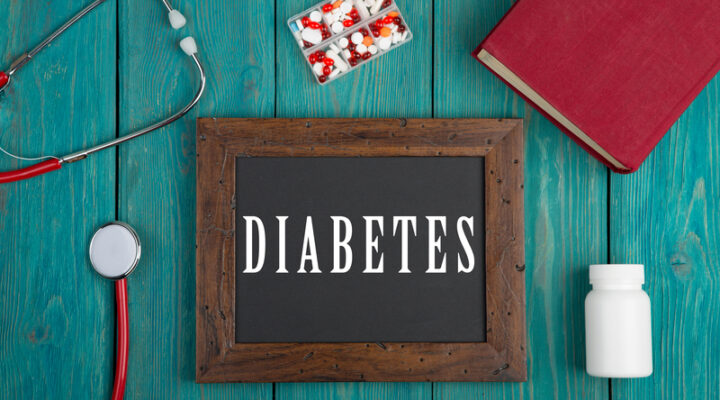Have you heard about the latest weight loss wonder, Semaglutide, but are unsure about the potential consequences of incorporating it into your routine? While this groundbreaking medication offers a promising path toward weight management, it’s crucial to understand what comes along with it. As the popularity of Semaglutide skyrockets, so do the conversations surrounding its […]
Boston Medical Group Telemedicine, via our Telemedicine platform, is now able to service patients in all 50 states and remains the same trusted brand for over 20 years helping men improve their sex life.






